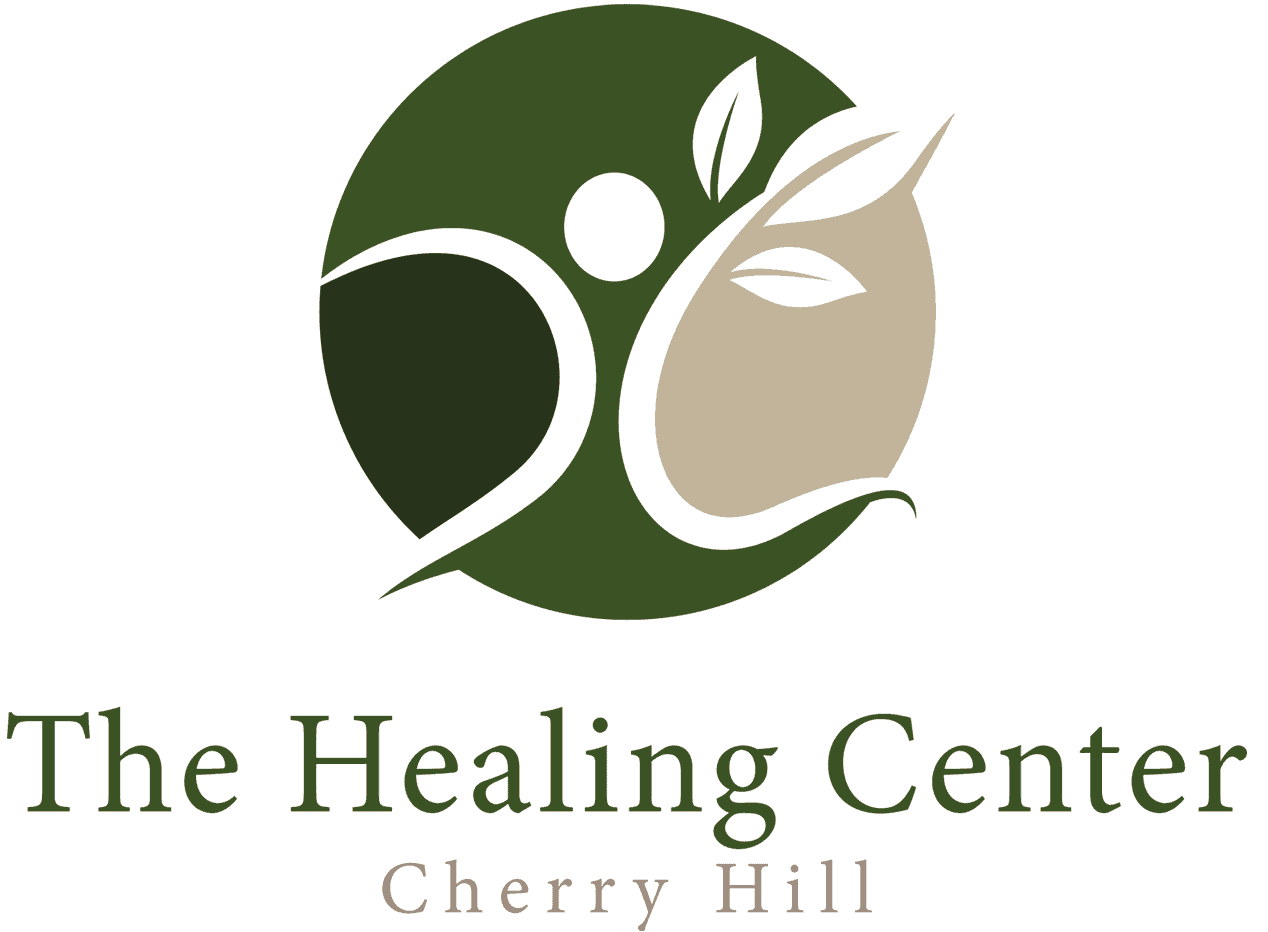Post-Traumatic Stress Disorder (PTSD) is a serious mental health condition that can develop after experiencing or witnessing a traumatic event. It’s a condition that affects people from all walks of life, including veterans, first responders, and victims of sexual assault or natural disasters, among others. Understanding the signs and symptoms of PTSD is crucial for early identification and effective treatment. In this blog post, we’ll delve into the key indicators of PTSD and discuss how The Healing Center’s mental health rehab in New Jersey can provide the support and care needed for recovery.
What is PTSD?
PTSD is a condition marked by intense, disturbing thoughts and feelings related to a traumatic event that continue long after the event has ended. Those suffering from PTSD may replay the event in their minds, avoid situations that remind them of it, or experience severe anxiety. These symptoms can be disruptive and debilitating, affecting one’s ability to carry out daily activities and maintain healthy relationships.
Common Signs and Symptoms of PTSD
One of the most defining symptoms of PTSD is the constant re-experiencing of the traumatic event. This can manifest in several ways:
- Flashbacks: Sudden, vivid memories where the person feels as if they are reliving the trauma.
- Nightmares: Disturbing dreams that replay the traumatic event.
- Intrusive Thoughts: Unwanted and distressing thoughts about the trauma that can come at any time.
2. Avoidance and Numbing
People with PTSD often go to great lengths to avoid reminders of the traumatic event:
- Avoiding Situations: Staying away from places, activities, or people that bring back memories of the trauma.
- Emotional Numbing: Difficulty experiencing positive emotions. This can lead to feelings of detachment and isolation from friends and family.
- Memory Problems: Trouble remembering key aspects of the traumatic event.
3. Increased Arousal and Reactivity
PTSD can cause a heightened sense of anxiety and stress, leading to hyperarousal:
- Irritability and Anger: Difficulty controlling emotions and explosive outbursts.
- Self-Destructive Behavior: Engaging in risky activities or behaviors that are out of character.
- Sleep Disturbances: Insomnia or nightmares that disrupt sleep.
- Concentration Issues: Difficulty focusing on tasks or remembering details.
4. Negative Thoughts and Feelings
The trauma can also impact one’s overall mood and thoughts:
- Guilt and Shame: Feeling responsible for the event or believing they could have prevented it.
- Negative Worldview: Persistent and distorted beliefs about oneself or the world, such as “I am bad” or “No one can be trusted.”
- Anhedonia: Loss of interest in activities that were once enjoyable.
Other Related Symptoms
In addition to the core symptoms, PTSD may also include physical symptoms like headaches, dizziness, chest pain, and gastrointestinal issues. It’s also common for individuals with PTSD to experience comorbid conditions such as depression, anxiety disorders, or substance abuse problems.
When to Seek Help
Recognizing the signs and symptoms of PTSD is a critical step towards getting help. If you or someone you know is experiencing these symptoms and they’re affecting daily life, it’s essential to seek professional assistance. PTSD is treatable, and with the right support and interventions, individuals can lead healthy, fulfilling lives.
Treatment Options for PTSD in South Jersey
Effective mental health treatment in South Jersey for PTSD often involves a combination of therapy, medication, and support:
- Cognitive Behavioral Therapy (CBT): A type of psychotherapy that helps individuals identify and change negative thought patterns and behaviors.
- Eye Movement Desensitization and Reprocessing (EMDR): A therapy that helps individuals process and integrate traumatic memories.
- Medications: Antidepressants and anti-anxiety medications can help manage symptoms.
- Support Groups: Connecting with others who have experienced similar traumas can provide emotional support and understanding.
Why Choose The Healing Center in New Jersey?
At The Healing Center’s mental health programs in NJ, we understand the complex and multifaceted nature of PTSD. Our team of dedicated mental health professionals offers personalized and compassionate care designed to address the unique needs of each individual. Located in the tranquil setting of New Jersey, our facility provides a safe and supportive environment for healing and recovery.
Our Approach:
- Comprehensive Assessment: We conduct thorough evaluations to understand each person’s specific experiences and needs.
- Individualized Treatment Plans: Tailored to each patient, our plans incorporate evidence-based therapies and holistic approaches.
- Multi-disciplinary Team: Our team includes psychiatrists, psychologists, therapists, and other mental health specialists collaborating to provide well-rounded care.
- Supportive Environment: We cultivate an atmosphere of respect, empathy, and confidentiality, ensuring our clients feel comfortable and supported throughout their recovery journey.
Take the First Step Towards Healing With PTSD Treatment in Cherry Hill, NJ
PTSD can be overwhelming, but you don’t have to face it alone. If you or a loved one are struggling with symptoms of PTSD, reach out to The Healing Center today. Our mental health rehab in New Jersey is here to provide the comprehensive care and support you need to reclaim your life.
Contact us now to schedule a consultation and take the first step towards a brighter, healthier future.
Together, let’s embark on the journey to healing and recovery. The path to a better life starts with a single step. Don’t wait—reach out today.
